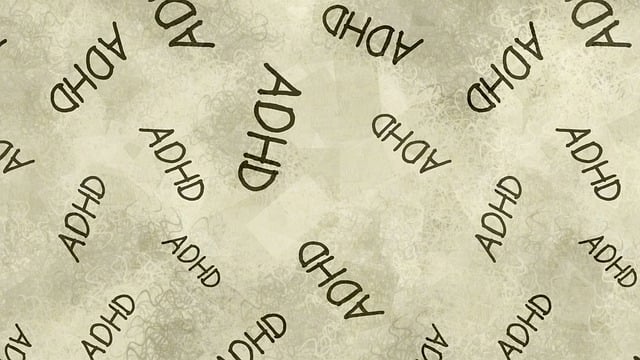Lakewood Conduct Disorder Therapy (LCDT) offers a holistic approach combining individual therapy, group support, and community outreach to address behavioral challenges in adolescents and young adults. By identifying root causes and integrating self-care practices, LCDT destigmatizes mental health issues through public awareness campaigns and educational programs. This strategic approach, including initiatives like the Mental Wellness Podcast Series, fosters resilience and ensures mental wellness is an integral part of community well-being. Success is measured through participation rates, client feedback, and behavioral changes, allowing for continuous improvement and deeper connections through Empathy Building Strategies.
“Community outreach programs play a pivotal role in enhancing mental health services, especially for at-risk youth. This article explores the integration of Lakewood Conduct Disorder Therapy (LCDT) within these initiatives, focusing on strategic implementation and measurable outcomes. We delve into effective practices to engage communities, ensure cultural sensitivity, and foster sustainable change. By examining success stories and evaluation methods, this guide aims to empower professionals in creating impactful LCDT community outreach programs.”
- Understanding Lakewood Conduct Disorder Therapy and Community Outreach
- Implementing Effective Community Outreach Programs: Strategies and Best Practices
- Measuring Success: Evaluation and Continuous Improvement in Community Outreach Initiatives
Understanding Lakewood Conduct Disorder Therapy and Community Outreach

Lakewood Conduct Disorder Therapy (LCDT) is a community-based initiative designed to address behavioral challenges in adolescents and young adults through tailored interventions. By understanding the root causes of conduct disorders, LCDT focuses on both individual therapy and group support to foster positive change. This holistic approach aims to prevent burnout among vulnerable populations by integrating self-care practices into their daily routines.
Community outreach plays a pivotal role in expanding access to these services, especially in developing public awareness campaigns that destigmatize mental health issues. Through educational programs and peer support networks, LCDT reaches out to families, schools, and local organizations, ensuring that resources are available to those who need them most. By combining direct therapy with community engagement, LCDT strives to create lasting impacts, promoting healthier, more resilient individuals within the community.
Implementing Effective Community Outreach Programs: Strategies and Best Practices

Implementing effective community outreach programs requires a strategic approach that goes beyond surface-level efforts. One key strategy is to Lakewood Conduct Disorder Therapy by addressing the underlying causes of behavioral issues within the community, fostering a holistic environment that promotes emotional healing processes. This can be achieved through collaborative partnerships with local schools, community centers, and healthcare providers, ensuring comprehensive support systems are in place.
Integrating initiatives that encourage positive thinking and mental wellness is another best practice. The Mental Wellness Podcast Series Production, for instance, can offer accessible resources on managing stress, cultivating resilience, and promoting mental health awareness. These programs should be tailored to the specific needs and cultural context of the community, ensuring their relevance and effectiveness. Engaging community members actively in these initiatives fosters ownership and sustainability, creating a network that values and prioritizes mental wellness as an integral part of overall community well-being.
Measuring Success: Evaluation and Continuous Improvement in Community Outreach Initiatives

Measuring success is an integral part of any community outreach initiative, as it allows for continuous improvement and ensures that efforts are making a positive impact. When implementing programs like Lakewood Conduct Disorder Therapy, evaluating outcomes is crucial. This process involves collecting data on various aspects, such as program participation rates, client feedback, and behavioral changes. By tracking these metrics, organizations can assess the effectiveness of their outreach strategies. For instance, Public Awareness Campaigns Development that focus on mental health issues might measure success by gauging increased community engagement and improved understanding of available resources.
Regular evaluation enables community therapists and organizers to adapt their approaches. They can identify what’s working well and areas needing enhancement. This iterative process encourages the adoption of Empathy Building Strategies, fostering deeper connections within the community. Additionally, it promotes the integration of Self-Care Practices, ensuring that both the volunteers and beneficiaries of these programs maintain resilience and well-being throughout the outreach journey.
The implementation of community outreach programs, as highlighted by Lakewood Conduct Disorder Therapy’s approach, is a powerful strategy to address behavioral health challenges. By adopting evidence-based strategies and best practices, communities can effectively reach at-risk individuals and families. Continuous evaluation and adaptation are key to ensuring these initiatives remain impactful and relevant. Through successful outreach, we can foster healthier environments and improve overall well-being, ultimately strengthening the fabric of our communities.














